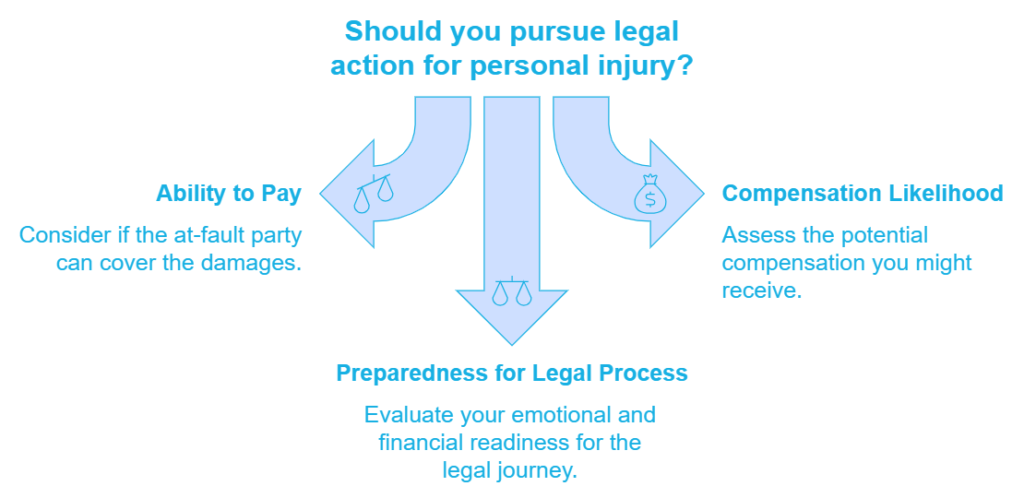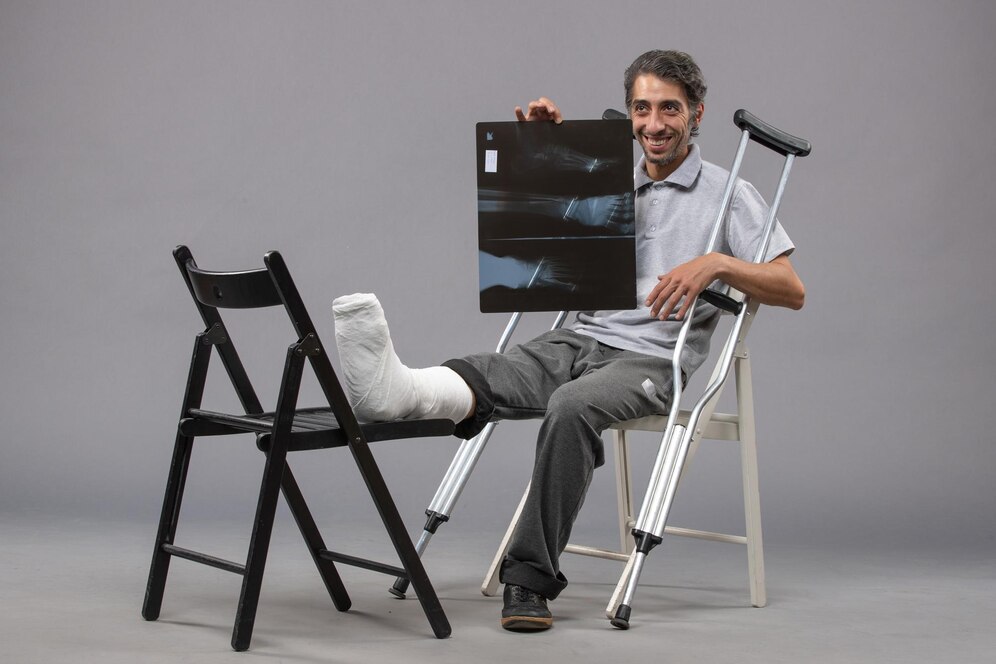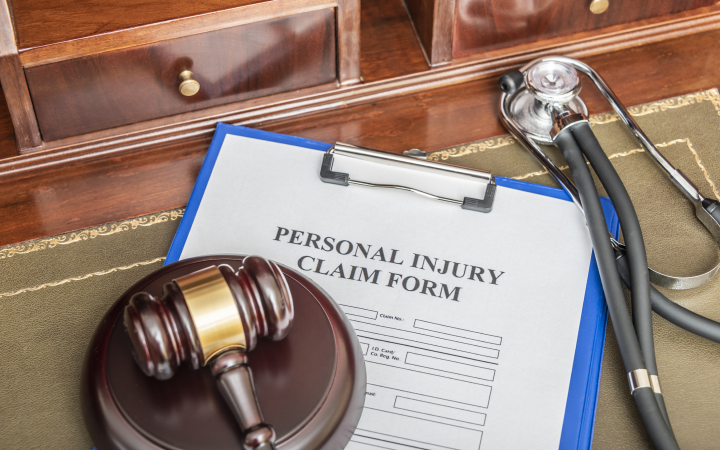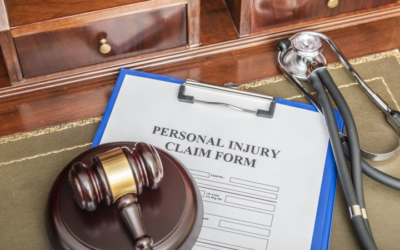Deciding whether to file a personal injury claim can feel overwhelming, especially when you’re already dealing with the stress of an accident. The question isn’t just about financial recovery—it’s about whether the effort and costs will be worthwhile.
In this guide, we’ll explore five key factors that can help you make an informed decision. By the end, you’ll know what to look for and how to determine if your claim is worth pursuing.
What factors to Consider Before Filing a Personal Injury Claim
Deciding whether to file a personal injury claim is a big decision that requires careful thought. Understanding the key factors involved will help you make an informed choice and avoid unnecessary stress. Here are five critical areas to assess:
1. Are Your Injuries Serious Enough?
Injury severity is one of the most important factors in a personal injury claim. Claims involving long-term medical care, permanent disabilities, or chronic pain often lead to higher settlements. Even minor injuries, like a concussion or soft tissue damage, can worsen over time.
What to Think About:
- Do your injuries require ongoing treatment or physical therapy?
- Have they affected your ability to work or earn money?
- Are you missing out on hobbies or quality time with loved ones?
Example:
A retail worker injures their back during a slip-and-fall. At first, it seems minor, but as the pain worsens, they struggle to work and face mounting medical costs. This significantly increases the value of their claim.

Related Reading:
- How to Prepare for a Personal Injury Lawyer Consultation
- Benefits of Hiring a Personal Injury Lawyer
2. Can You Prove Who’s at Fault?
Once you’ve assessed your injuries, the next step is determining responsibility. Liability is the foundation of any personal injury claim. To win your case, you need evidence that someone else’s negligence caused your injuries. In Nova Scotia, even if you share responsibility, you can still file a claim—your compensation will simply be reduced by your share of fault.
Helpful Evidence Includes:
- Photos of the accident scene.
- Witness statements.
- Medical records linking your injuries to the incident.

Ask Yourself:
- Do you have proof that shows someone else was at fault?
- Is there any evidence that you might share responsibility?
- Does the at-fault party have insurance or assets to pay damages?
Related Reading:
Statistical Insight:
- Statute of Limitations in Nova Scotia: The time limit to file a claim is two years from the date of the incident. Learn more from the Nova Scotia Legislature.
3. How Much Have You Lost Financially?
Economic damages are the foundation of most personal injury claims. These losses include medical bills, missed wages, and out-of-pocket expenses. They may also cover future costs, such as long-term treatment or reduced earning potential.
Common Financial Losses:
- Past and future medical expenses.
- Lost income due to missed work.
- Costs like transportation to appointments or childcare.
Example:
A construction worker injures their hand on the job and can no longer lift heavy tools. They face reduced earnings, ongoing medical expenses, and the need for specialized equipment—all of which contribute to the claim’s value.
Supporting Source:
- Studies show that victims with legal representation receive up to 3.5 times more compensation than those without. (Canadian Bar Association)
4. Have Your Injuries Changed Your Life?
Your injuries affect more than just your wallet—they also impact your emotional well-being and daily happiness. Non-economic damages, like pain and suffering, focus on the personal toll of your injuries. These damages are harder to measure but often play a big role in settlements.
Key Questions to Ask:
- Are you experiencing chronic pain or emotional distress?
- Has your injury affected relationships or daily routines?
- Are there hobbies or activities you can no longer enjoy?

Example:
A sports enthusiast with a knee injury may not only lose the ability to play but also miss out on the social benefits of their hobby. This loss can significantly influence non-economic damages.
Supporting Insight:
- Long-term effects of seemingly minor injuries, like concussions, can include chronic pain, depression, or reduced quality of life. (Canadian Medical Association Journal)
5. Is It Worth the Effort?
Even with strong evidence, pursuing a claim takes time and effort. You’ll need to weigh potential compensation against the emotional toll, legal costs, and time investment involved.
Weighing the Costs and Benefits:
- Is the at-fault party able to pay damages?
- How much compensation are you likely to recover?
- Are you prepared for the legal process emotionally and financially?

Example:
Legal fees often range from 20-30% of the settlement. For smaller claims, this might not be worthwhile. For larger claims, though, the payout often justifies the effort.
Conclusion
Knowing whether your personal injury claim is worth pursuing is an important step in protecting your future. By evaluating these five factors—injuries, liability, financial losses, quality of life, and costs—you’ll have a clear idea of what to do next.
Still unsure if your claim is worth pursuing? Schedule a free consultation with experienced personal injury lawyer in Nova Scotia today.Our team will help you evaluate your case and take the next steps with confidence. Contact us now or visit our Contact Us page to get started!









